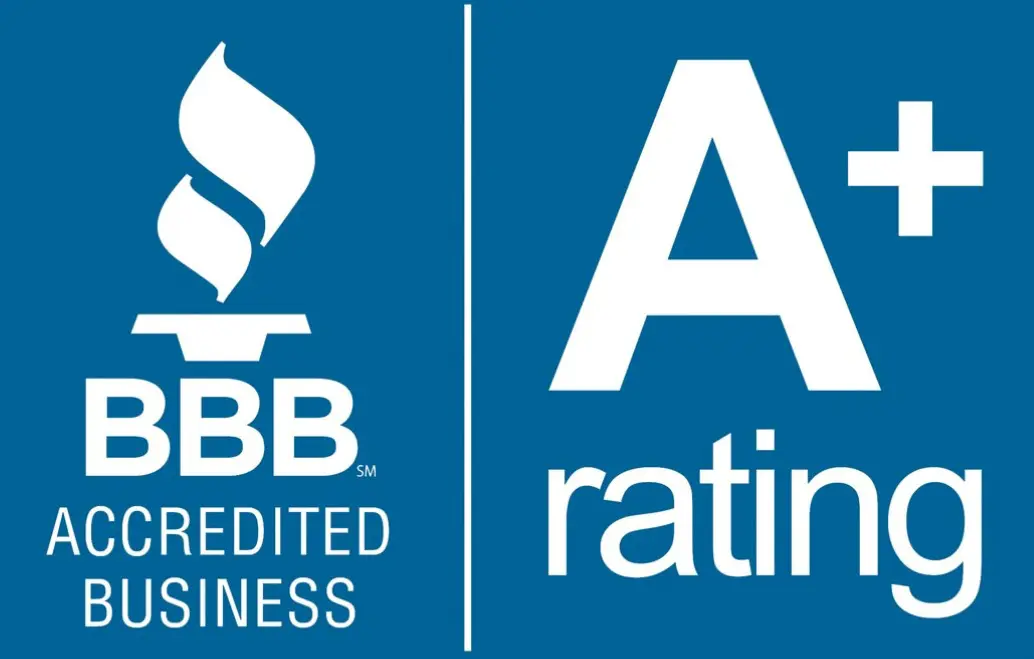Looking Beyond the Skill

During the hiring process, a candidate’s skills are usually the most scrutinized part of a resume. Does this person have prior experience in a similar role? Can we put them to work “right out of the box” on their first day of employment? Do they know how to use the technology we use?
These are all great questions. After all, the point of hiring is to ensure you have the right person in the right role at the right time. And, you want these individuals to be equipped with the necessary skills and qualification to successfully perform in the job. In today’s employment setting, employers are starting to pick up on the fact that there’s more to a great employee than simply having the skills prior to hiring.
A few years ago, while Head of Talent Acquisition for a major retail enterprise, we advertised for an open recruiting coordinator position to support mass holiday hiring. A referral candidate, just out of college, applied for the temporary position. Uncertain of what she would do with her degree, she found the opportunity in retail something she had an interest in and wanted to learn the business knowing she was not guaranteed a position after the assignment. Her enthusiasm, flexibility, work ethic, drive, positive attitude and willingness to learn all contributed to her being placed with the company in an entry-level slot after her temporary assignment ended. Her career trajectory was one she never expected and in this case, where both the company and the candidate “took a chance,” we were glad we did.
Has this ever happened to you?
How many times have you gone through a long, drawn-out hiring process for highly-coveted talent, perhaps recruiting them from a competitor, only to discover that it wasn’t a good match due to other factors that didn’t surface during the interview process? If you’ve been in business for a few years, probably several times. And these can be some of the most challenging separations as a result.
It is all too common for skilled employees to be released for reasons such as:
- Lack of motivation
- Lack of “people skills”
- Acting in their own interests rather than those of the team
- Putting in the bare minimum
- Not being aligned with the company’s values and mission
It may seem like some of these traits are impossible to screen for while hiring. It is true that you are unlikely to detect them by scanning a person’s resume alone. However, every interaction with this individual presents you with opportunities to make key observations about their behavior, personality, and attitude.
Why every interaction counts?
Unsurprisingly, your initial interactions with potential hires, whether by phone, video interview or in person, are wellsprings of information about the person you’re interviewing – not just the set of skills you’re interviewing. While speaking to them about their previous work experience, skills, and qualifications, it’s important to take note of how they present themselves as well as their past work experiences.
- Are they respectful and courteous?
- Do they ask their own questions?
- Do they seem genuinely interested in your company, or just the pay?
- Do they present a positive disposition?
- Are they energetic and excited about the opportunity?
Outside of your interviews, any interaction with a candidate could provide volumes of evidence as to how that person actually behaves on the job. Candidates who are proactive with their communication clearly want the job, while inconsistent communication might be taken as a lack of interest or enthusiasm. Short, curt responses could signal a “bare minimum” attitude from someone who is simply looking for a job.
Hiring the smile & training the skill
Nothing can take the place of a well-qualified candidate who meets the requirements of the job. But, in some cases, assuming all things are equal “hiring the smile” and “training the skill” especially for entry-level positions may be a viable strategy in selecting the final candidate.
Traits, such as effective communication, teamwork, adaptability and willingness to learn, are actually important skills themselves. These “soft skills,” are often difficult to train, if not impossible. A candidate who displays soft skills coupled with a passion for learning may be a great match for your open role.
Does your business need help recruiting the right talent for your team? Cisso Bean & Dutch can help you find the right candidates and place them in the right roles. Contact us today to learn more. [This blog was updated from a previous CB&D Blog]

